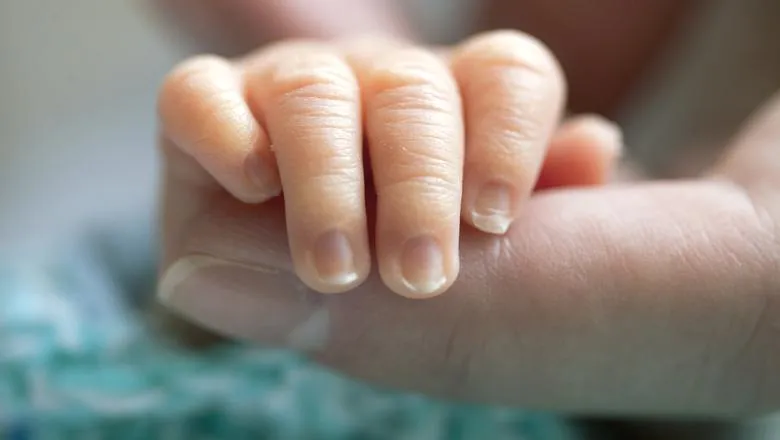
Professor Myra Hunter
Emeritus Professor of Clinical Health Psychology
Biography
Myra Hunter is a clinical and a health psychologist who has worked as a clinician and researcher in the area of women’s health for over 35 years. She was awarded her PhD at KCL in 1988, her chair in clinical health psychology in 2006 and Emeritus status in 2015. She has also worked at UCL, UCLH and King’s Health Partner NHS Trusts, and was Professional Lead for Clinical Health Psychology across South London & Maudsley NHS Trust and associated acute trusts.
Her research focuses on understanding the role of psychosocial factors and developing cognitive behavioural interventions for physical and emotional problems, in women’s health, oncology and cardiology. She has developed brief cognitive behavioural (CBT) interventions for the main menopausal symptoms, hot flushes and night sweats, with four clinical trials published in Menopause, Lancet Oncology and J Clinical Oncology demonstrating its effectiveness. CBT is now considered one of the few acceptable and effective alternatives to hormone therapy for hot flushes and night sweats that is free from side effects. She has published eight books including a self-help book for women (Hunter & Smith 2013, who were ‘Routledge Authors of the Month’) and a training manual for health professionals (Hunter & Smith 2014). A large RCT has been commissioned to train UK breast cancer nurses to deliver the intervention, and with colleagues in the Netherlands she has developed a cCBT form of the intervention for breast cancer patients. The interventions are now offered at local clinics and a national training programme has been set up with support of the British Menopause Society.
Research Interests
- Women’s health - reproductive health across the lifespan.
- Developing and evaluating psychological intervention to help people to manage physical and psychological symptoms, in cardiology, oncology and women’s health.
- Menopause – developed a cognitive behavioural intervention for women to manage menopausal symptoms that has been trialled with over 1000 women and is recommended by the North American Menopause Society as one of the few effective non-hormonal treatments.
News
Perceived gender discrimination negatively impacts mental wellbeing of older women
Experts say tackling gender discrimination is important to supporting the mental health of women at middle and older age.

Experts warn about the overmedicalisation of menopause
Experts call for a new approach to how society views menopause and supports women as they age

New research investigates the effectiveness of perinatal mental health services
Researchers at King’s College London investigated the clinical effectiveness, cost-effectiveness, and service satisfaction of a range of specialist perinatal...

Medicalising menopause may be unhelpful for some women
Experts call for a more realistic and balanced narrative to help improve women’s experiences

Spotlight
Normalising the Menopause
Historically menopause has been overlooked and trivialised. Though a natural process, for some women physical and psychological symptoms of menopause can be...

News
Perceived gender discrimination negatively impacts mental wellbeing of older women
Experts say tackling gender discrimination is important to supporting the mental health of women at middle and older age.

Experts warn about the overmedicalisation of menopause
Experts call for a new approach to how society views menopause and supports women as they age

New research investigates the effectiveness of perinatal mental health services
Researchers at King’s College London investigated the clinical effectiveness, cost-effectiveness, and service satisfaction of a range of specialist perinatal...

Medicalising menopause may be unhelpful for some women
Experts call for a more realistic and balanced narrative to help improve women’s experiences

Spotlight
Normalising the Menopause
Historically menopause has been overlooked and trivialised. Though a natural process, for some women physical and psychological symptoms of menopause can be...

